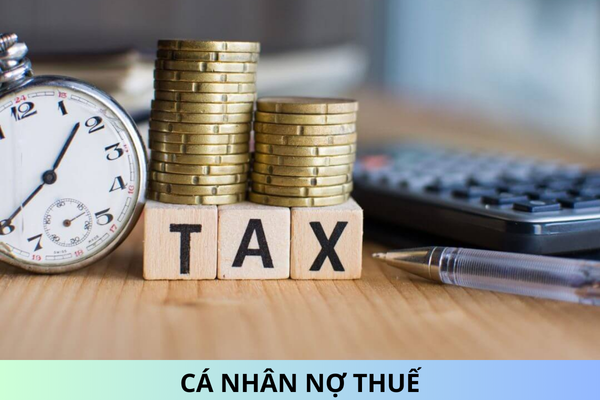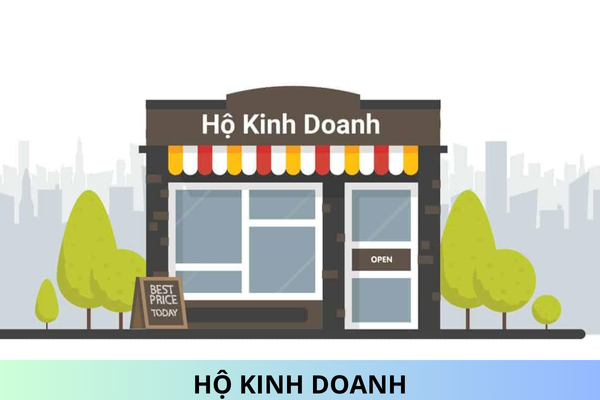Is Personal Income Tax Required for Asset Rental Income Under 100 Million VND Per Year?
According to the regulations stipulated in Circular 92/2015/TT-BTC, individuals renting out assets are those who generate revenue from leasing assets, which includes: renting houses, premises, stores, factories, warehouses excluding accommodation services; renting transport vehicles, machinery and equipment not accompanied by an operator; renting other assets without accompanying services.
Note: The following accommodation services will not be considered as asset rental activities according to the aforementioned guidelines: providing short-term accommodation facilities to tourists and other visitors; providing long-term accommodation facilities to students, workers, and similar entities; providing accommodation facilities along with dining services and/or entertainment facilities. Accommodation services do not include: providing long-term accommodation considered as a permanent residence such as monthly or yearly apartment rentals classified under real estate in accordance with the regulations of the Vietnamese Economic Sector System.
As specified at Point b, Clause 1, Article 4 of Circular 92/2015/TT-BTC:
"Article 4. Tax Calculation Method for Individuals Renting Assets"
1. Application Principles
...
b) For individuals renting out assets, the revenue threshold of 100 million VND/year or less to determine individuals exempt from VAT and PIT is the total revenue generated in the calendar year of the asset rental contracts. In cases where the lessee pays rental fees in advance for multiple years, the determination of the revenue threshold of 100 million VND/year or less, to ascertain exemption from VAT and PIT, shall be based on the lump-sum revenue allocated by calendar year.
Example 5: Mrs. C signs a contract to rent out a house for 2 years – calculated as 12 continuous months – with a rental period from October 2015 to the end of September 2017, at a rate of 10 million VND/month paid in one lump-sum. Hence, the taxable revenue and tax payable on the lump-sum revenue from Mrs. C’s house rental activities are determined as follows:
In 2015, Mrs. C rented out the house for 3 months (from October to the end of December) with rental revenue of: 3 months x 10 million VND = 30 million VND (< 100 million VND). Thus, in 2015 Mrs. C does not have to pay VAT or PIT on the house rental activity.
In 2016, Mrs. C rented out the house for 12 months (from January to the end of December), with rental revenue of: 12 months x 10 million VND = 120 million VND (> 100 million VND). Thus, in 2016 Mrs. C must pay VAT and PIT on the house rental activity.
In 2017, Mrs. C rented out the house for 9 months (from January to the end of September), with rental revenue from the activity being: 9 months x 10 million VND = 90 million VND (< 100 million VND). Thus, in 2017 Mrs. C does not have to pay VAT or PIT on the house rental activity.
After determining the taxable revenue for each year, Mrs. C proceeds to declare tax once with a lump-sum revenue of 180 million VND, generated taxable revenue of 120 million VND, and the total tax payable for the entire contract is 12 million VND (120 million VND x (5% + 5%))."
Thus: Based on the cited regulations, in cases where an individual's rental income is <= 100 million VND/year, they are exempt from VAT and PIT.
If rental payment is made in advance for multiple years, revenue shall be distributed by calendar year.
Therefore: For the case where you are renting your house to a company as its headquarters for a rental period of 3 years, with rental income of 5 million VND/month, your annual rental revenue is 60 million VND/year (less than 100 million VND/year).
In this case, you do not have to pay PIT.
The above is our advisory perspective regarding the issue you are questioning.
Sincerely!










